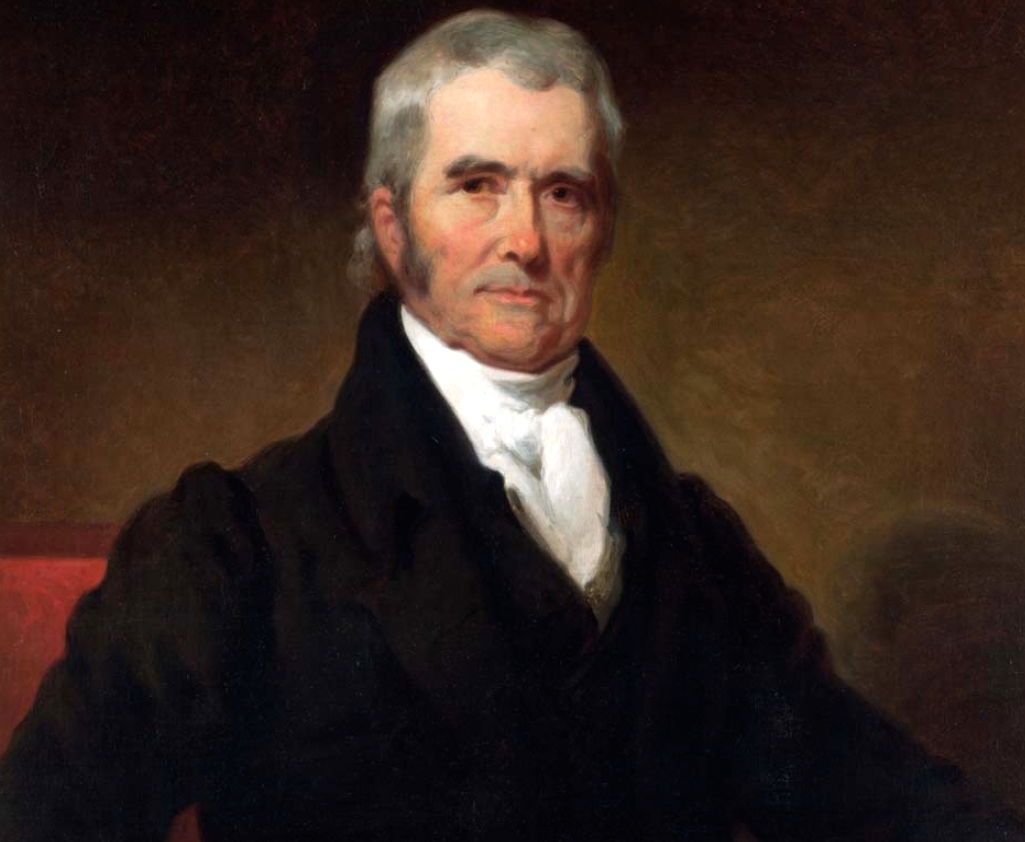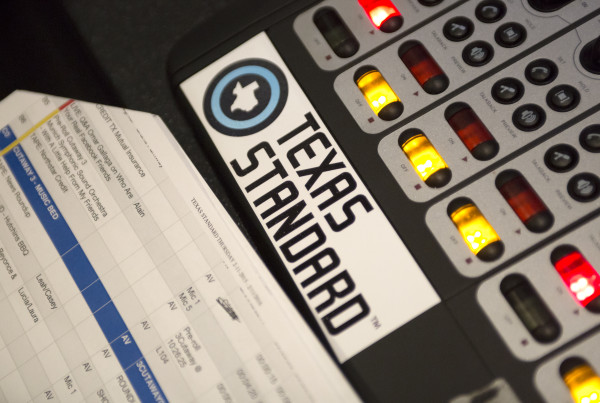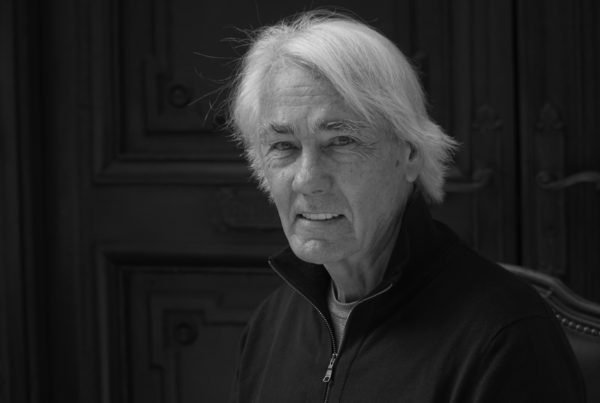The makeup of the U.S. Supreme Court has been at the center of American political conversation lately, with concerns among folks on the left and right about the so-called ideological balance of the court. But one may wonder how concerns about the court might be different today were it not for the role of one justice who took office 217 years ago: John Marshall. Richard Brookhiser, senior editor of National Review, recently wrote a book about Marshall called “John Marshall: The Man Who Made the Supreme Court.”
Broookhiser has mostly written about American presidents, but says he felt comfortable turning his attention to Marshall because Marshall was a contemporary of some of the presidents he’s written about.
“He was nominated for the post of chief justice by John Adams,” Brookhiser says. “He was a friend and admirer of Alexander Hamilton. But most important, John Marshall admired George Washington; he thought he was the rock on which the Revolution rested and he also agreed with Washington’s politics.”
Brookhiser says Marshall’s lack of popularity during his time on the court might explain why he’s not a household name today, but says Marshall deserves more recognition.
“We focus on people who were famous enough to make it on the money,” Brookhiser says. “The court is a little harder to grapple with; it seems more technical. It’s also somewhat of a recessive branch because it has to sit there and wait for a case to reach it.”
But Brookhiser says Marshall’s legacy and contributions to the court still have an impact on us today, even if we don’t realize it.
“Certainly, the economic system that he helped put in place, we still have,” Brookhiser says. “When we think of it, we associate it maybe more with Alexander Hamilton, particularly after the musical, but you know, he planned a lot of the financial machinery. …There also had to be legal principles sustaining that system, so in that sense, [Marshall] is certainly still with us.”
Written by Acacia Coronado.
















